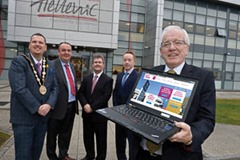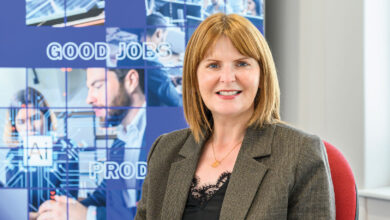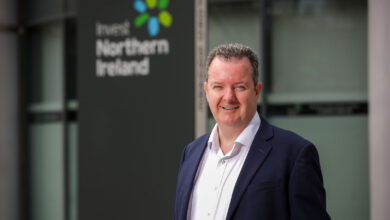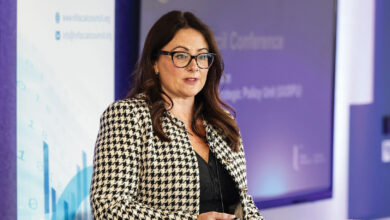Lisburn’s inward investment plans
 Lisburn City Council recently launched its new inward investment programme at the Coca-Cola facility based in Lisburn. The new programme promotes “business friendly Lisburn” as a place where businesses can invest and grow successfully. It will include soft landing and aftercare programmes and a new ‘Invest Lisburn’ website. The soft landing programme involves local businesses offering free advice to companies setting up in the city.
Lisburn City Council recently launched its new inward investment programme at the Coca-Cola facility based in Lisburn. The new programme promotes “business friendly Lisburn” as a place where businesses can invest and grow successfully. It will include soft landing and aftercare programmes and a new ‘Invest Lisburn’ website. The soft landing programme involves local businesses offering free advice to companies setting up in the city.
Coca-Cola Plant Manager Rory Kerr told how the company has grown since it established its Lisburn base in 1964. It has invested £70 million in its current purpose-built facility which opened in 2007 and produces 32.4 million cases of product per year. He praised Lisburn’s transport infrastructure and the good working relationship it has with the council.
Economic Development Committee Chair Allan Ewart said that in terms of aftercare “the council will maintain close contact with key investors and liaise with Invest NI to assist with the company’s supply chain through network meetings and trade missions.” The Council hopes to establish a Lisburn ambassadors’ network as a next step.





